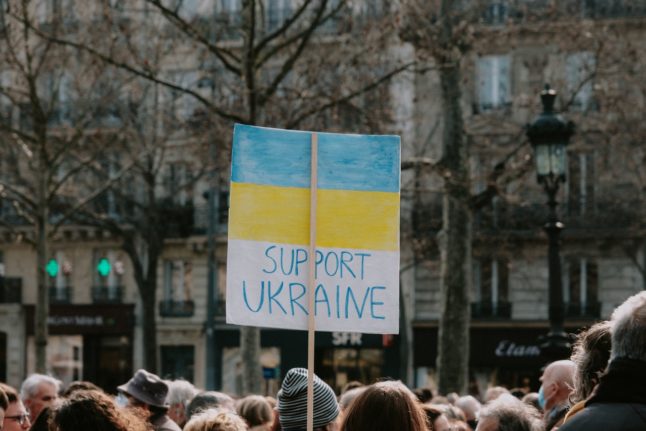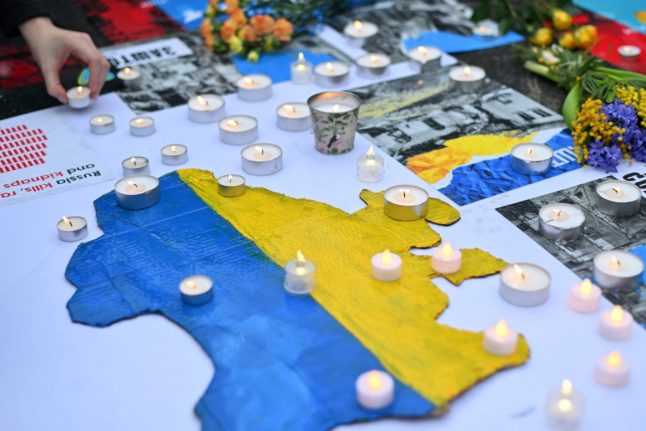The measures, decided by the EU on June 3rd, came into force in Switzerland at 6 pm on Wednesday, the Federal Council announced.
They include an embargo on crude oil and certain refined petroleum products from Russia.
“Similar to the measures applicable in the EU, the purchase, import, transit and transport to or within Switzerland are prohibited”, the government said.
“In addition, the embargo provides for a ban on the provision of services, including insurance or reinsurance, in connection with the transport of oil and certain Russian petroleum products”.
The provision of services such as accounting, public relations and business consultancy to the Russian government is now also banned, in addition to advertising content produced or broadcast by official Russian media such as Russia Today or Sputnik.
Swiss government under fire for Ukraine action
The Swiss government has faced criticism on both sides for its actions after the Ukraine invasion.
Initially, the government faced criticism both domestically and abroad for putting in place the sanctions, which some said amounted to an erosion of the long-standing principle of neutrality.
Sanctions on Russia: Is Switzerland still a neutral nation?
When the announcement was made, Swiss President Ignazio Cassis acknowledged that while the step was “unique” Switzerland was not abandoning its “untouchable” commitment to neutrality, countering that “playing into the hands of an aggressor is not neutral.”
More recently, the government has come under fire for blocking arms deliveries to Ukraine made by other countries.
Several European nations have been blocked from delivering arms to the front lines of the conflict, for instance where they contain ammunition which is manufactured in Switzerland.
This is due to Switzerland’s commitment to neutrality. While political alliances can be made – which includes the imposition of sanctions such as those levied against Russia – providing military assistance is prohibited, even where this is done so indirectly.



 Please whitelist us to continue reading.
Please whitelist us to continue reading.
Member comments